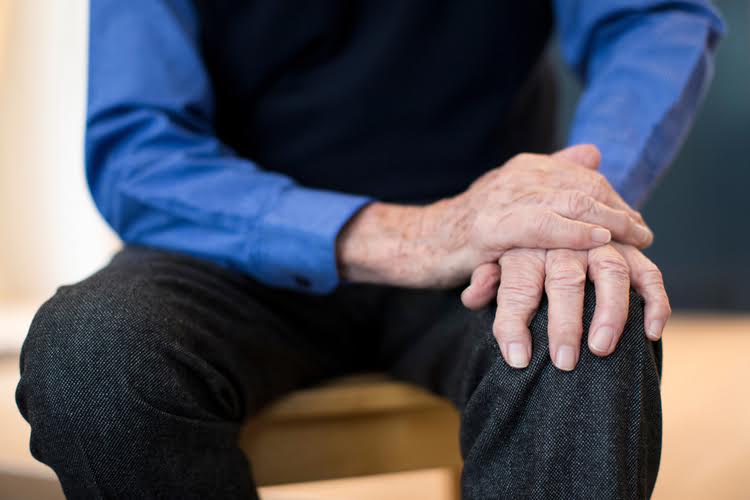Content
Like a relapse prevention plan, these goals need to be individualized, specific to you. Write a list of scenarios that could lead to potential relapse and have a plan for what you will do if it happens. For example, if going through a breakup could lead to relapse for you, think of other outlets for your feelings. Instead of drinking or using, you attend a support meeting or call a family member or close friend right away. The three stages of relapse are emotional relapse, mental relapse, and physical relapse. Each phase leads to the next where physical relapse signifies using drugs or alcohol. Finding ways to prevent relapse is the ultimate goal of any relapse prevention plan.

Make it a habit, and it will eventually come easier to you. alcohol relapse Admittedly, this can sound like a whole lot all at once.
Step 3 | Self-care & Lifestyle
It begins with just one drink, one hit, or one Xanax pill, which eventually leads back into regular use. The highest risk of relapse will occur during each of these three phases. Visit our website or contact us today for more information. Whether you are still seeking help for substance dependence or if this is not your first time, our doors are open for you. Recovery is a rough road to walk through, full of turns and ups and downs. But in the end, that journey can be worth it, and much less dark than going down the path of addiction. Having the right people helping and supporting you can make the journey easier and much lighter.

Write down a list of people you will contact if you do relapse. If your ultimate goal is to steer clear of drugs and alcohol, you need to commit to being honest. Make sure to include the phone number for quick reference. Try to make a list of at least five actionable steps for this section. You will want to include attending all of your follow-up appointments. This is going to be the key to ensuring you stay on track with your recovery.
Writing a Personalized Relapse Prevention Plan
It may mean walking away from certain conversations or people that are going to cause you stress. In addition to avoidance, have coping strategies in place to handle these relapse triggers, as well. It is important to have techniques in your back pocket to bring you back from a state of wanting to use. This involve journaling, meditation, exercise, cooking, going to a meeting, and other stress management mechanisms.

If a relapse happens, it’s much more important to focus on your response to it rather than fixating on the relapse itself. Reaching out to your support team right away rather than trying to hide it is how you will learn from it and move forward in your recovery instead of being hindered by it. Relaxing and taking time to do things that make you happy is another important part of self-care. Acknowledge that recovery is a difficult process and you’re doing the best you can. Support groups and 12-step programs like Alcoholics Anonymous and Narcotics Anonymous can also be very helpful in preventing relapses. 3) Clients feel they are not learning anything new at self-help meetings and begin to go less frequently. Clients need to understand that one of the benefits of going to meetings is to be reminded of what the “voice of addiction” sounds like, because it is easy to forget.
PROGRAMS
You may also be in recovery from PTSD, and you could feel your symptoms returning. It’s possible that you are recovering from obsessive-compulsive disorder https://ecosoberhouse.com/ as well, and some old behaviors are coming back. You could be feeling completely in control of your addiction, and then a relapse threatens.
- The more care you take with developing this important plan of action, the more effective it will be when cravings emerge or triggers spark uncomfortable emotions.
- It should not be thought of as something you fall back on when and if you do relapse.
- However, the 30 to 90 days of inpatient services can’t immediately “cure” addiction.
- If I drink, I will get sick and be unable to take care of myself and others.
- Avoiding relapse involves initiating problem-solving skills needed to block the automatic behavior.